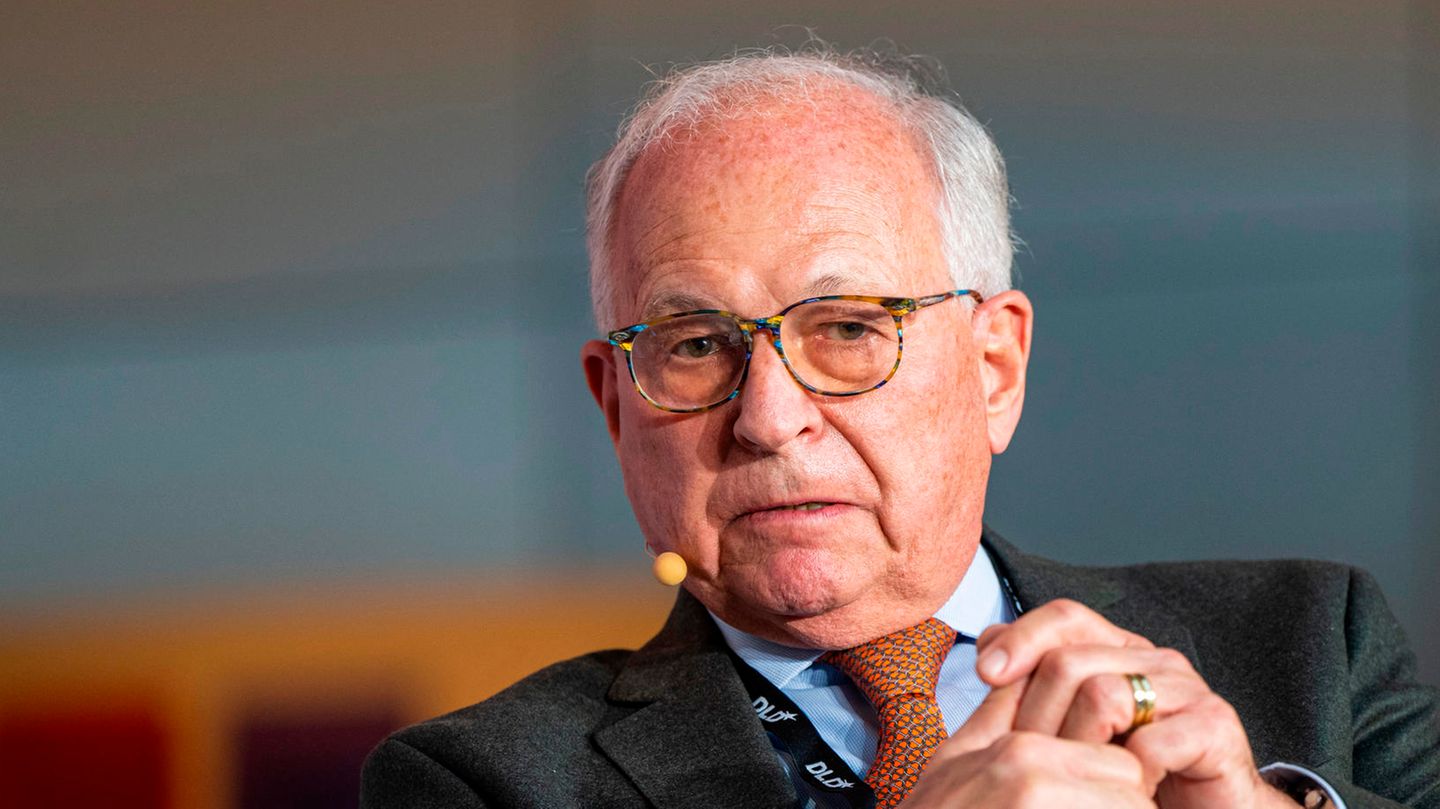Russia’s war of aggression against Ukraine has been raging for more than a year. Now the former head of the Munich Security Conference, Wolfgang Ischinger, is drawing the federal government’s attention to one of its omissions.
The former head of the Munich Security Conference, Wolfgang Ischinger, has spoken out in favor of preparing framework conditions for peace negotiations between Russia and Ukraine. “Apart from deliveries of arms and financial support, we have to offer perspectives to the growing critical chorus of questions in the USA just as we do in Germany,” he wrote in a guest article for the Berliner.
He said ahead of time: “Of course it can’t be a matter of demanding that Ukraine is willing to negotiate now and today.” Ukraine alone decides on this, and such a step would currently amount to a partial capitulation to the aggressor Russia. But: “It is high time that we set in motion a peace process for Ukraine. The West – including the federal government – shows itself to the Wagenknechts, Schwarzers and Prechts a completely unnecessary weakness when the understandable question about a peace initiative keeps coming up the stereotypical answer comes that the conditions for negotiations are not given for the time being.” The Left Party Sahra Wagenknecht, the women’s rights activist Alice Schwarzer and the author Richard David Precht are well received by parts of the German population with their call for ceasefire talks to be held soon, but they are also receiving fierce criticism, not least from Ukraine.
Ischinger proposes Ukraine mediation group
Ischinger calls for an international political-strategic contact group alongside the Ramstein Group, which coordinates Western arms aid for Ukraine. You could “in due course form the nucleus or at least part of a mediation group,” if negotiations were to take place. The USA, Great Britain, France and Germany should form the closest core. According to Ischinger, a circle of partners should be grouped around this, including Canada, Spain, Poland, Italy, the Baltic states, as well as the UN, EU, OSCE and NATO. The group “should expressly meet again and again at the level of foreign ministers”.
Russian attack
How the fronts in Ukraine have shifted in a year of war
He advocates discussing and examining options in detail. This also led to success in the preparation of the 1995 peace agreement for Bosnia-Herzegovina. For example, it needs to be clarified how and by whom a peace process will be monitored and to what extent military disengagements or no-fly zones are necessary.
Further source:.
Source: Stern
I have been working in the news industry for over 6 years, first as a reporter and now as an editor. I have covered politics extensively, and my work has appeared in major newspapers and online news outlets around the world. In addition to my writing, I also contribute regularly to 24 Hours World.




